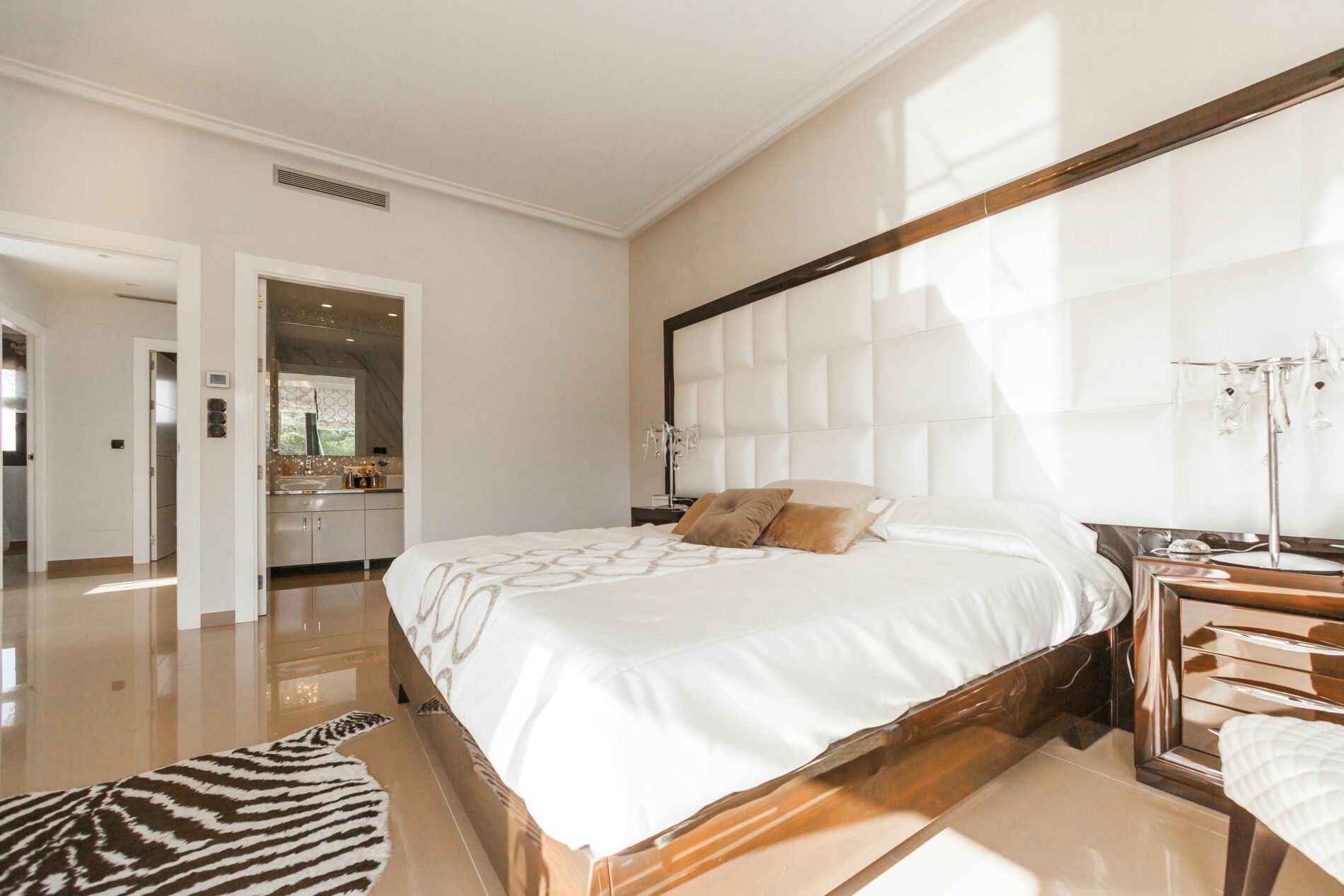When browsing the property market to look for comparative homes as a seller or actively house-hunting as a buyer, the format for house listings becomes second nature very quickly.
One of the most important parts of any listing is the number of bedrooms, to the point that an estate agent will often mention a typical home is “three bedroom, two bathroom” before they mention any other details, such as specific location, square footage or even price.
Whilst part of the reason for this will naturally come down to conventions that have existed for decades on the property market, there are a few reasons why bedrooms and bathrooms have become a de facto unit of measurement when it comes to home size.
Part of the reason for this is that the bedroom number roughly equates to how many people can feasibly and comfortably live in a home at one time, with all of the other amenities of the house assumed to fit this maximum number of people.
In practice, this is not always the case, as some people share bigger bedrooms, particularly families with younger children, but it is an important rule of thumb to get the interest of prospective buyers in the first place.
Whilst square footage is a more accurate metric, is the metric mortgage lenders use for valuations and might become a consideration for families before they make a serious offer, bedroom count allows them to consider whether they could live comfortably in a home in the first place.
Of course, this is not the only consideration, and the number of bathrooms became increasingly important as sleeping space was not the only barometer of a comfortable place.
For house shares and larger families, a single bathroom is not necessarily enough, with many homeowners expecting a main bathroom and either a downstairs toilet or en suite, to avoid the often lengthy queues that can emerge at the start of the day as everyone needs to get ready at once.
When it comes to bathrooms and house values, however, the most important factor is not necessarily number or size but placement in the home.
According to data compiled by Mira Showers and published by House Beautiful, a third of surveyed respondents would rather have a home with more bathrooms than bedrooms, whilst 94 per cent would offer more for a home with an en suite, making it a potentially great way to quickly increase the value of a home.
Typically the desired ratio of bedrooms to bathrooms is three to two, with “three bedroom, two bathroom” being a very common entry in many average-sized homes available to buy.
Location matters a great deal, however. Nearly half of potential buyers would not buy a home with a ground-floor primary bathroom, and even fewer would buy a home with said bathroom next to the kitchen.
When it comes to bathrooms, quality matters as much as quantity; bathrooms show their age far more than bedrooms do, and an old-fashioned bathroom, even one in good condition could potentially be missing out on nearly £4000 on their valuation compared to a more modern bathroom.






